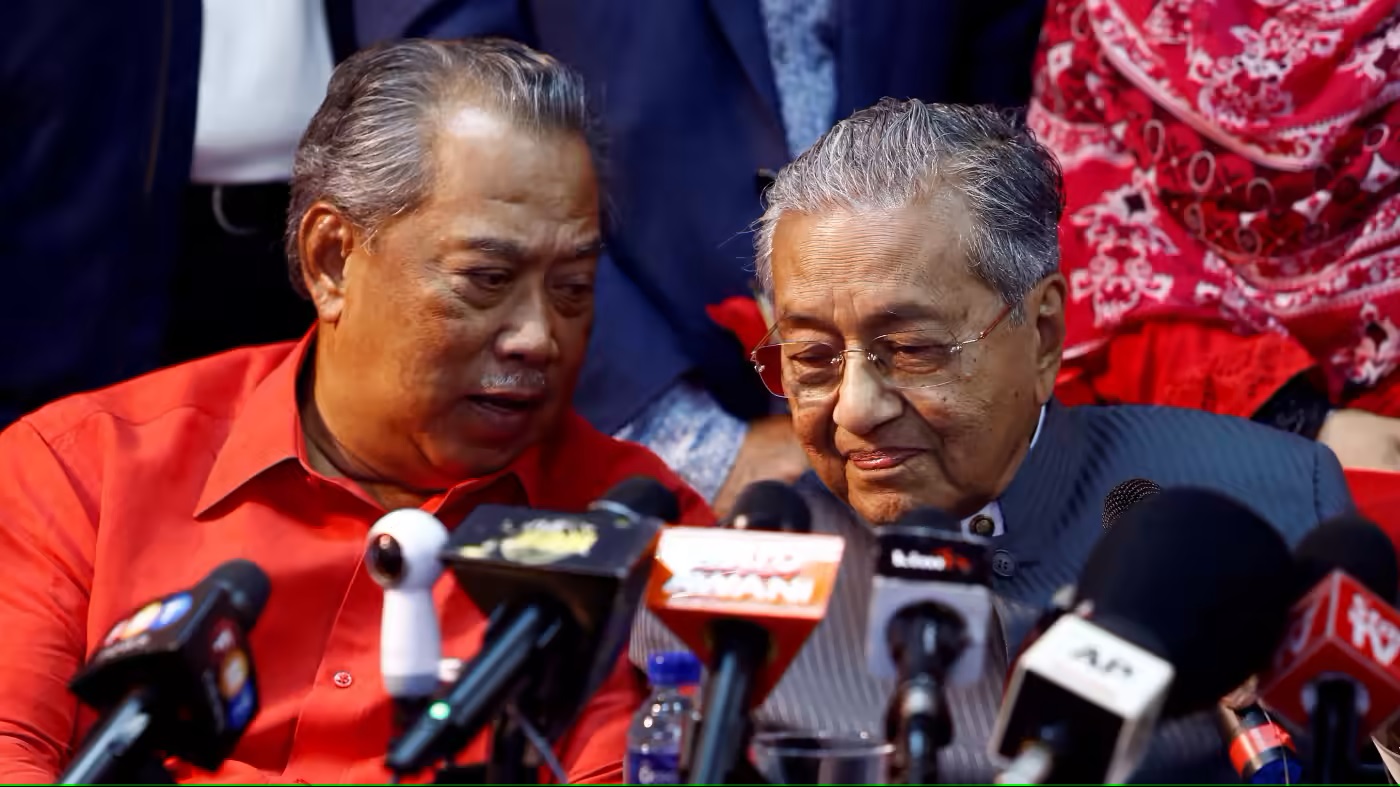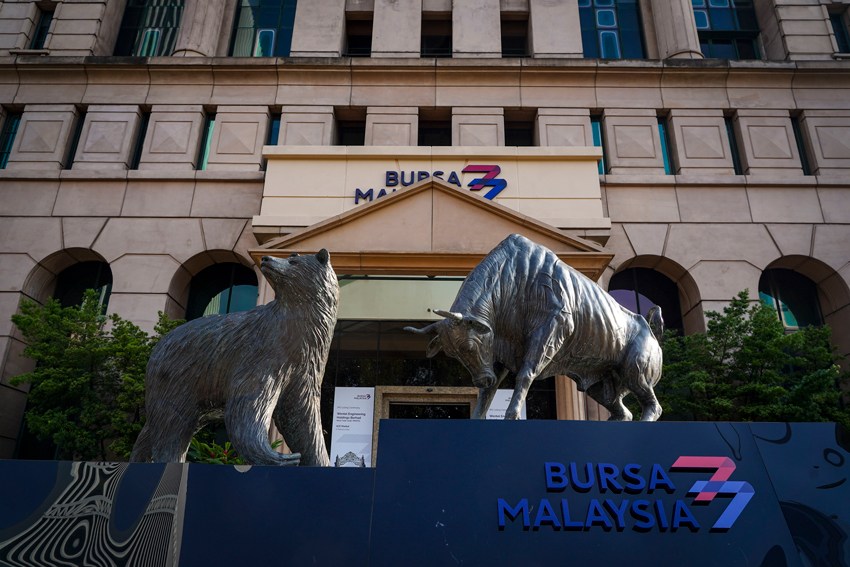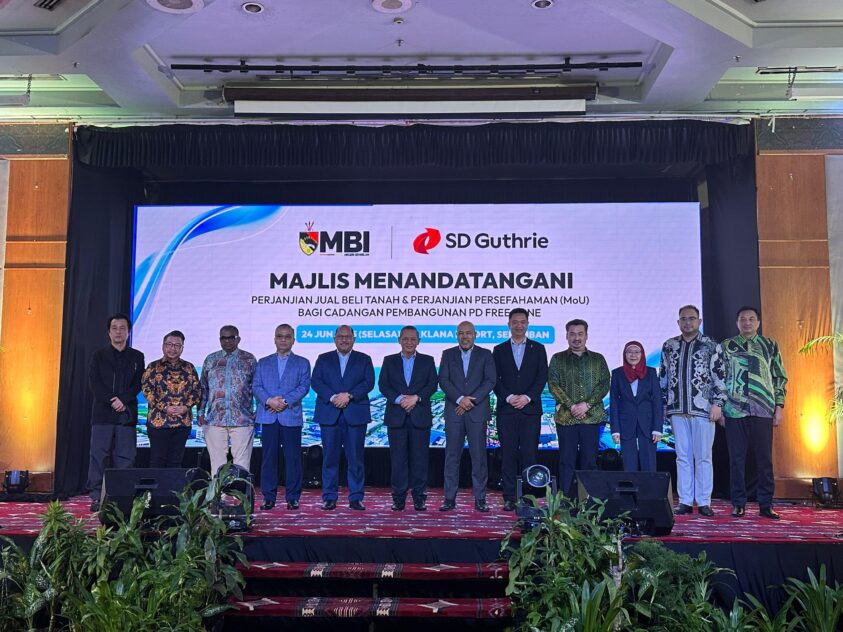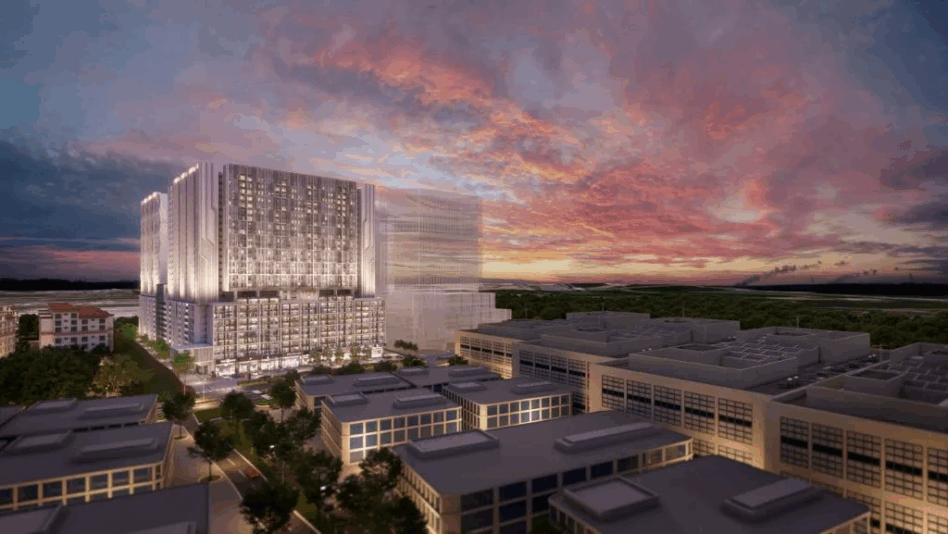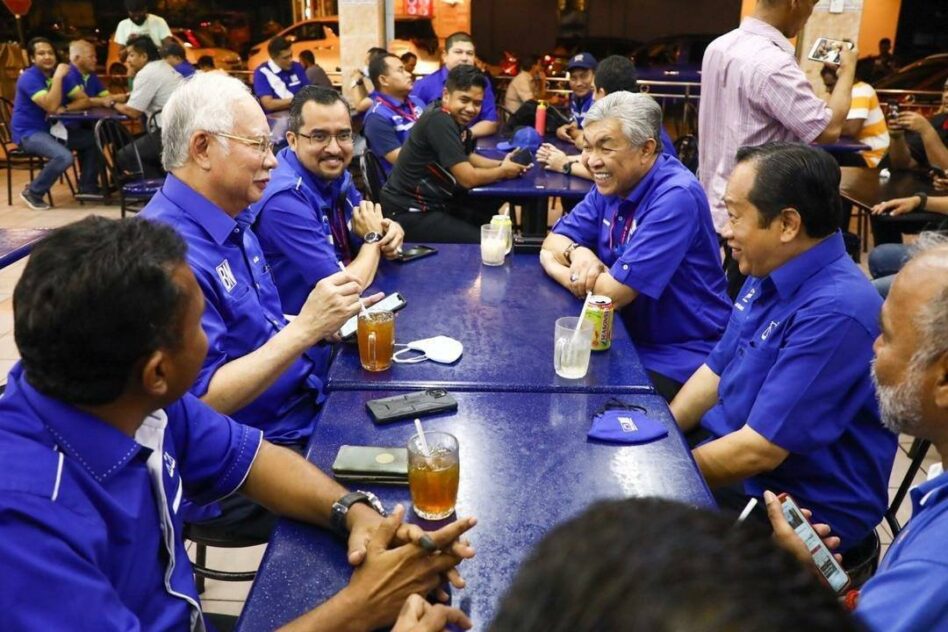SELDOM do we see a repeat of history within a short period of five years. I am referring to Tun Dr Mahathir Mohamad and Tan Sri Muhyiddin Yassin forgetting their political differences and enmity – and combining as a team to take on the unity government headed by Datuk Seri Anwar Ibrahim.
What is unfolding now is exactly what happened in 2018 when Pakatan Harapan (PH) set aside its long-term animosity towards Tun Dr Mahathir Mohamad and his Bersatu party to challenge the Barisan Nasional (BN) headed by Datuk Seri Najib Razak.
Najib waited until the last moment before he decided to call for the 14th General Election (GE14).
It was too late for Najib and he lost the GE14. He could have probably won despite the negativity of the 1MDB (1Malaysia Development Bhd) scandal and controversy if he had held the election before Bersatu teamed up with PH.
Similarly, Anwar and the PH and BN have allowed the Perikatan Nasional (PN) party leaders more time to close ranks and present a strong united front against the present government in the six states facing elections over the next two months.
The opposition front is formidable with Muhyiddin, Datuk Seri Hamzah Zainuddin, Datuk Seri Mohamed Azmin Ali, Tan Sri Abdul Hadi Awang, Tan Sri Noh Omar and now Dr Mahathir, Datuk Seri Ismail Sabri Yaakob, Datuk Seri Hishammuddin Hussein and their UMNO group waiting on the sidelines.
It looks like a dream team for the opposition. It could be completed with Khairy Jamaluddin joining this group. One can expect to see the mother of all electoral battles in the six states whose election results will have a strong bearing and great significance for the present government and political stability.
Dr Mahathir will be the kingmaker for the second time, having united the entire opposition. If the PN political-religious coalition gains a majority in the states, it could pose an immediate threat to the unity government.
Divisive challenges
Najib’s royal pardon issue has been a lingering one for a lot of UMNO leaders and the party’s grassroots. How it will play out with Malay support for UMNO especially in Selangor and Negri Sembilan remains to be seen.
UMNO supporters, if they feel that Najib is not accorded a pardon by the King before the state elections, might turn against UMNO and the unity government causing the party to lose further support from the Malay electorate.
Moreover, there are also other points of contention dividing the country such as the controversial Allah issue that the government has to confront against the PN.
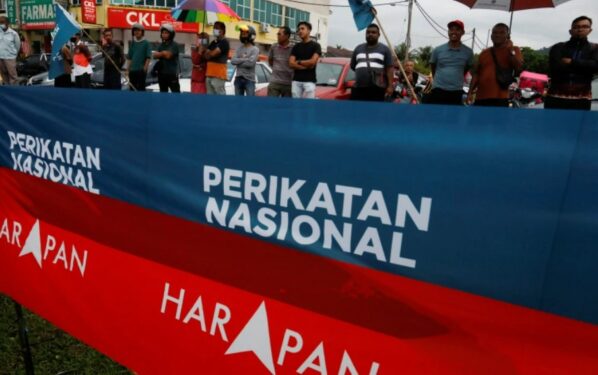
The cost of living as well as inflation have gone up in the more urbanised election-facing states such as Selangor, Negri Sembilan and Penang. The Madani government is generally more cautious about heavy spending as compared to a big spender unlike the PN government which was exemplified by the stimulus packages during the pandemic.
Other than the various Rahmah programmes, not much is being done to alleviate the hardship of the poor. Anwar, to his credit, is doing his best with a couple of capable ministers to put the country back on an even keel.
However, he faces a divided country with a plethora of divisive issues.
Past government policies had created a wide gulf between rich and poor and the government finds it hard to overcome poverty that has been worsened by the pandemic, lockdowns, unemployment and the depreciating ringgit.
There is not much money in the government’s coffers for big stimulus packages to revitalise the economy. The poor number is in the millions now.
Despite a reasonable growth rate of 5.5% and more foreign direct investment (FDI) on the way, the benefits are not trickling down quickly to the B40 or having any multiplier effect on the majority of the community.
It takes years before the present FDIs can have a ripple effect on wider society. The super-rich never had it so good as the latest reports show that the wealth of the nation’s top 50 now totals RM81.6 bil!
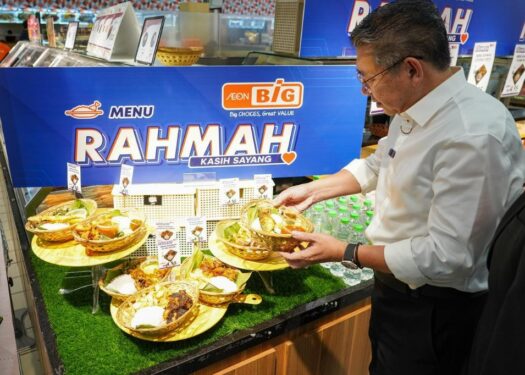
The PN may not have any magic wand to overcome the socio-economic difficulties but the people remember them as heavy spenders who could catalyse and re-generate the economy quickly to ease the burden of the poor, especially the urban poor in states like Selangor.
As if all these problems were not threatening enough, the Selangor administration and its Menteri Besar have been mired in a number of controversies.
PH will have a lot of explaining to do in upper-class urban constituencies in Petaling Jaya, Damansara Utama, Subang Jaya and Ampang. to name a few districts, while other voters are more concerned about environmental issues, government transparency and accountability.
The frequently recurring floods will have an influence on voters in the Shah Alam and Klang state constituencies. The northern state constituencies from Kuala Selangor to Sabak Bernam are Malay-dominated except Sekinchan.
In these constituencies, the odds favour PN which is pitted against a weakened UMNO. Selangor will face the most intense electoral duels in a battle royale to snatch the crown jewel of the nation.
The PN leadership will go all out to wrest Selangor – the nation’s richest state – from PH. Selangor has not seen such a close contest since 1969. – June 8, 2023
V. Thomas is a Focus Malaysia reader.
The views expressed are solely of the author and do not necessarily reflect those of Focus Malaysia.


